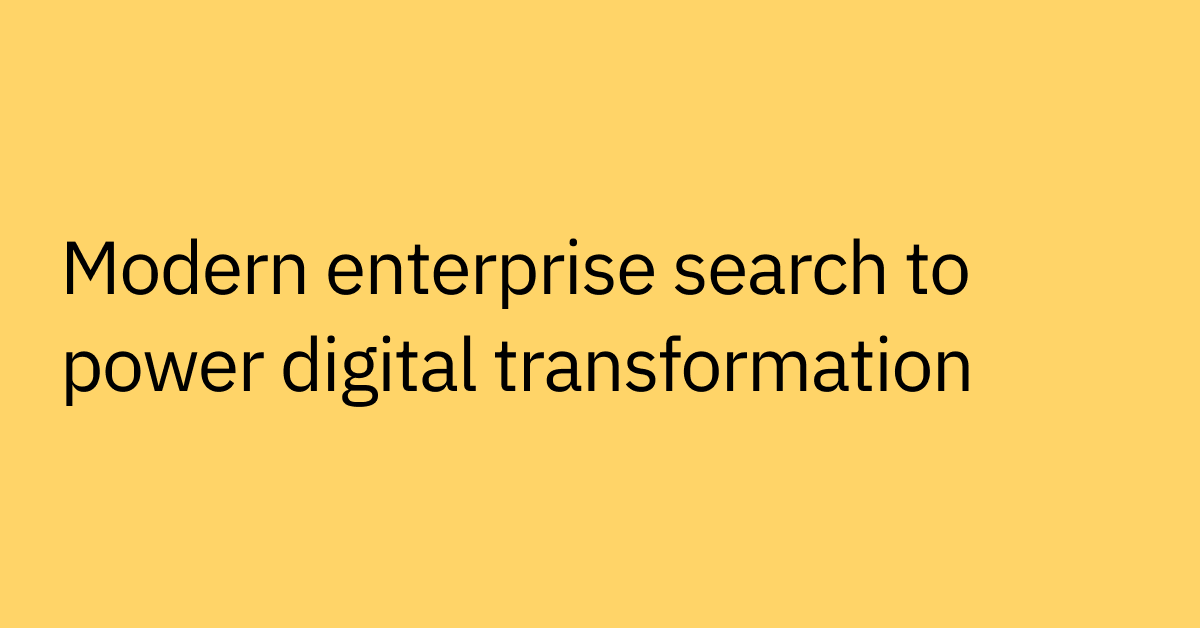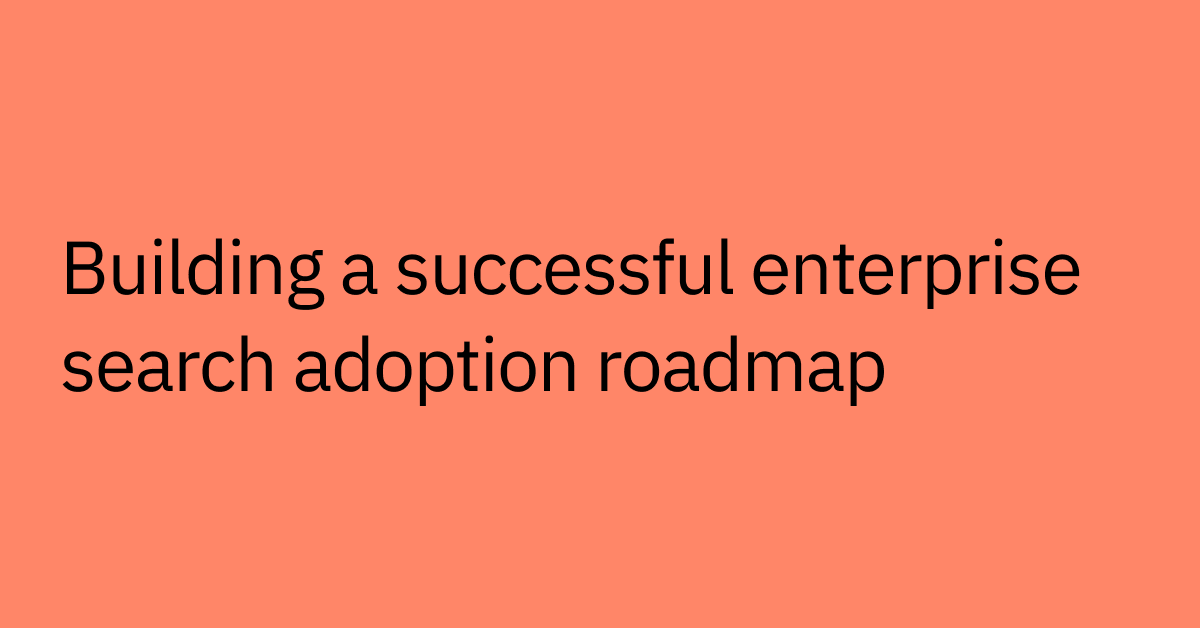Table of contents
Highlights
- AI operational efficiency enables organizations to automate repetitive work and make smarter, faster decisions at scale.
- Intelligent automation streamlines workflows, reduces costs, and frees employees to focus on higher-impact priorities.
- Agentic AI is smarter and more dynamic, reasoning with context and completing multi-step workflows autonomously.
- AI selection criteria include integration capabilities, performance reliability, data governance, and flexible deployment.
- Moveworks AI Assistant can exemplify efficiency by resolving many tickets instantly, securely, and across systems.
Organizations are being asked to do more with less, and chances are, your team has experienced this too.
Maybe you've felt it while trying to handle a sudden jump in support requests, keeping up with rapid team growth, or launching new systems and workflows like onboarding or access management.
These challenges are a normal part of growth, but they can also stretch your resources thin and lead to inefficiencies that compound over time.
The fix? Focusing on your business's operational efficiency. That means finding ways to streamline how work gets done — removing friction, reducing unnecessary manual effort, and helping teams work faster and smarter.
In fact, companies with highly efficient operations are 2.2 times more likely to outperform their peers. When your business processes run smoothly, you naturally reduce costs, clearing up bottlenecks, eliminate delays, and improve decision-making across the business.
So, how do you achieve and maintain this level of efficiency, especially when your business needs are constantly evolving? By using intelligent, AI-driven automation that scales with your business and helps your team focus on the work that matters most.
The rise of AI in the enterprise
Over the years, businesses have leaned on a variety of tools to streamline operations. You may have experimented with everything from basic spreadsheets, rigid SaaS solutions, or traditional robotic process automation (RPA), all aimed at simplifying your business tasks and improving efficiency.
But eventually, those tools hit a ceiling.
While those methods offered some relief, they often can't dynamically scale, adapt, scale, or handle the complexity of modern business needs. They typically lack the intelligence and capacities to support dynamic workflows or respond to change in real time.
This is exactly why artificial intelligence (AI) has become the new benchmark for operational efficiency across enterprises. In fact, over 78% of organizations are now using AI in some capacity.
It's not just about automating routine tasks anymore — it's about embedding dynamicactionable intelligence into your business processes.
Today's AI systems offer far greater analytical capabilities, with machine learning giving them the ability to learn, adapt, and improve over time. They aren’t just simple bots that follow pre-programmed rules anymore.
Advanced AI is able to understand context, adapt, and improve – with agentic AI even take certain actions independently.
For employees, this can mean fewer repetitive tasks, faster access to information, and smarter tools that support how you work — not slow you down. And all while helping reduce costs, eliminate backlogs, and boost productivity across the business.
How AI is improving operational efficiency
A key benefit of AI technology is its ability to take on time-consuming, repetitive work — freeing up employees to focus on more meaningful and strategic tasks.
Across the organization, AI is helping teams move faster, reduce friction, and make smarter decisions with less manual effort.
Here are some of the most impactful ways AI may help improve your operational efficiency:
- Automating repetitive tasks: AI-driven automation is ideal for time-consuming business processes like data entry, order management, invoice processing, and follow-ups at scale. This also includes high-volume support tasks — like password resets, account provisioning, and system access requests — that could otherwise clog up IT queues.
- Facilitating smarter, data-driven decisions: The immense processing power of AI systems enables real-time business data analysis, including complex predictive analytics. AI tools can evaluate relevant data and extract valuable insights for smarter, more confident decision-making.
- Improving employee productivity: By offloading your employees' routine tasks — like routing requests, generating reports, or pulling up relevant documentation — to AI automation, you can create a more productive workforce and empower your staff to focus on higher-level projects. This not only boosts productivity but also helps reduce friction and burnout.
- Reducing operational costs: AI technology can enable your business to accomplish more in less time. This translates to significant cost savings, allowing you to free up resources for growth and innovation and maximize the value of your operational investments.
- Enhancing process accuracy: AI solutions can perform tasks with high precision and consistency, significantly reducing human error in data-heavy tasks. From processing tickets to managing system alerts, AI helps ensure much more efficient operational flow and more reliable output.
What to look for in an AI operational efficiency solution
Take your time to choose an AI solution that delivers a strong return on your investment and long-term benefits for your business. Consider:
- Reliable performance: You need a solution from a provider with a solid track record. This doesn't just mean looking for SLA promises. You also want to review testimonials and case studies to ensure the AI tool has consistently delivered results for companies like yours.
- Integration capabilities: A high-quality AI solution isn't really effective if it can't connect with your existing systems. Make sure the platform you're considering works with your current tech stack, not against it.
- Data management and compliance: You never want to trade security or compliance for added speed. Look for AI solutions that support your risk management and regulatory requirements, without compromising data integrity or security.
- Agentic AI-enabled: To get the most out of your automation, look for tools that use sophisicated agentic AI. It brings intelligent reasoning to your solution, letting the AI understand context, make decisions, and handle tasks with minimal human input.
- Customization and adaptability: Your business is unique. The AI tool you pick should adapt to your processes, not force you to overhaul everything. Look for flexible features that fit your specific needs.
- Low-lift implementation processes: Some AI tools take just days or weeks to get up and running, while others take months. Opt for a solution that lets you quickly tap into the benefits of AI automation without adding unnecessary friction to your daily operations.
How leading enterprises unlock AI operational efficiency
Many of today's leading enterprises are actively using AI technology to unlock new levels of operational efficiency, reduce manual workload, and deliver better experiences for employees. Here’s how three organizations made it work:
Jamf
When Jamf, a top Apple device security management platform, noticed its support was lacking, it looked for an AI solution that could allow it to deliver better experiences for its employees.
By implementing an enterprise AI assistant, Jamf provided instant answers to common requests that once took days, streamlining onboarding and automating approvals. This contributed to over 70% of Jamf employees actively using the AI solution, with a 30% adoption rate in the first month alone.
Healthcare provider
A healthcare provider, was dealing with frequent IT disruptions that affected internal workflows and employee productivity. To move from reactive firefighting tot proactive support, they deployed an AI-powered assistant natively integrated into Microsoft Teams. This enabled real-time, self-service support and reduced the workload on their IT team — freeing up 40% of their level 1 helpdesk agents.
Slack
When remote work became the standard overnight, Slack quickly became a go-to enterprise collaboration platform, leading to a massive increase in internal IT support needs. They needed an effective solution that would allow them to scale efficiently without sacrificing the backend support they offered to employees.
Integrating an AI-powered support solution into their internal Slack environment helped contribute to their ability to autonomously resolve 30% of IT issues. It also substantially improved the employee experience.
These are just a few examples of how organizations are boosting productivity, reducing operational drag, and improving employee satisfaction — all by deploying an enterprise-wide AI solution to scale internal support.
Where AI delivers operational efficiency gains
The great thing about AI solutions is that they can be highly versatile, delivering operational efficiency gains across multiple departments.
Whether it’s speeding up workflows, improving access to information, or automating repetitive tasks, AI helps employees spend more time on the work that matters most.
Human resources teams improve the employee experience
HR teams often spend the equivalent of an entire workday each week on repetitive tasks and common inquiries. AI technology can dramatically boost their efficiency by streamlining processes like new employee onboarding, benefits management, and even performance reviews.
When your HR professionals are no longer buried under administrative tasks, they gain valuable time back to focus on what truly matters: designing better employee experiences, building a positive company culture, and driving strategic people initiatives.
Sales teams streamline sales processes and boost enablement
Your sales teams' success hinges on maximizing their time with customers and — and not time lost to admin work.
AI-enabled CRM and sales pipeline solutions are game-changers in this regard. They can eliminate tedious manual updates to account details or call logs by automatically capturing and organizing this information in real time.
But these solutions don't stop at automating tasks.
AI tools can also supercharge your sales enablement and planning initiatives. When your sales professionals have easy access to product FAQs, price lists, and pitch materials, they can spend less time digging through data and more time closing new deals.
Engineering teams get answers faster and work smarter
For engineering teams, hitting critical project deadlines often means overcoming frustrating data silos and time-intensive infrastructure tasks that slow things down.
That's where AI-enabled enterprise search tools are invaluable. They help centralize access to internal resources — including critical documentation, specs, and policies together — making them accessible directly within support tools and chat.
AI assistants leverage natural language processing (NLP) and machine learning algorithms to identify the most relevant knowledge base content and deliver it right there in the support chat. This way, your engineers can quickly get the information they need even when it’s spread across systems.
Plus, AI solutions can simplify cloud infrastructure setup and deployment by automating provisioning and resource optimization.
This cuts down on operating expenses and allows your engineering talent to focus on developing innovative products and services, rather than getting bogged down in infrastructure management.
IT teams reduce backlog and drive strategy
Your IT department is central to your business operations. Their daily efficiency (or inefficiency) creates a ripple effect across your organization, either improving or hindering productivity in all other departments.
AI technology can streamline processes across nearly every element of your IT operations, automating tasks like system and network monitoring, incident management, equipment failure diagnostics, and ticket triage.
This kind of automation helps ensure support tickets get resolved quickly and efficiently, often cutting down manual backlog.
One of the biggest impacts? Helping to slash your L1 support backlog. AI can handle most high-volume, repetitive tier 1 tickets — like password resets or access requests — without human intervention, allowing IT teams to focus on higher-level work.
AI-powered analytics can also quickly comb through vast amounts of data, giving you the insights needed to minimize downtime, boost overall performance, and guide smarter infrastructure decisions across your entire organization.
Strengthen operational efficiency with a future-forward AI solution
Scaling your internal operations effectively doesn't mean added complexity or reduced efficiency. With the right AI in place, your teams can spend less time on repetitive tasks and more time focusing on impactful work that drives the business forward.
That’s exactly what Moveworks AI Assistant is designed for.
- Moveworks AI Assistant provides employees with 24/7 personalized, omnichannel support in 100+ languages that works wherever they do — across enterprise systems, mission-critical apps, browsers, service portals, etc.
- Get faster ROI on your AI investment with a highly advanced, customizable, and adaptive solution that works out of the box with hundreds of integrations and plugins — no model tuning, scripting, or dialog flows required.
- Trusted across industries worldwide, over 350 leading enterprises rely on our superior AI security approach to safeguard data, meet the most rigorous compliance and privacy demands, and innovate with confidence.
By integrating AI automation across your enterprise, you can not only enhance the reliability and performance of your IT teams but also provide substantial efficiency benefits to all critical departments. This can give your business the agility needed to future-proof operations while continually improving systems and processes as it grows.
Ready to inject more intelligence into your business operations? Take advantage of powerful AI tools that accelerate workflows across your business.



